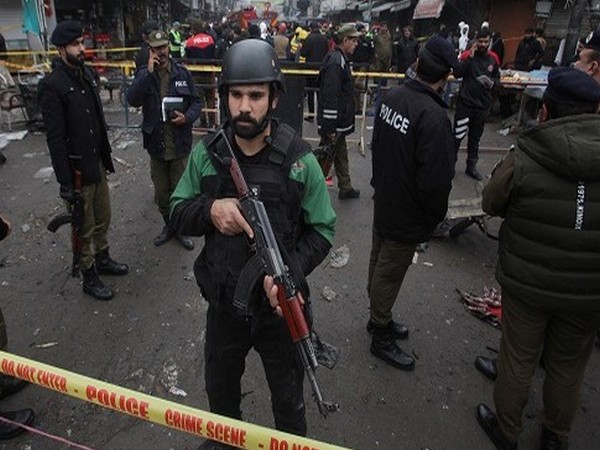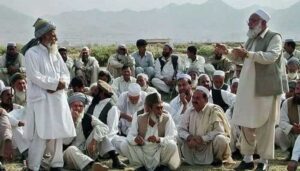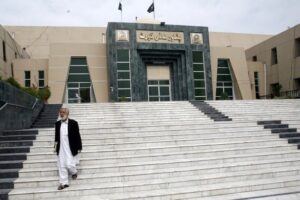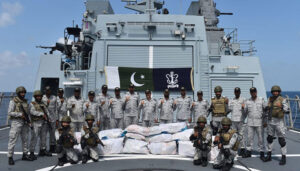PESHAWAR — In Khyber Pakhtunkhwa (KP), where decades of insurgency, militant safe-havens and porous borders have defined security discourse, the province’s Counter Terrorism Department (CTD) is quietly rewriting the script of the war on terror.
A newly compiled report reveals the scale of the challenge — and the sweep of institutional reform aimed at confronting it.
According to the CTD’s own documentation, the year has witnessed 917 terrorist-related incidents across the province. In intelligence-based operations, no fewer than 1,085 militants have been arrested, and 356 militants evicted from the battlefield (i.e., killed).
In the same period, 114 police officers and 176 civilians have been martyred in terrorist incidents — the human cost of a conflict that shows no sign of abating. Meanwhile, more than 1,000 militants remain in custody, and the CTD has embarked on a modernisation drive that marries forensic science with field tactics.
The Changing Face of CTD Operations
In 14 key districts of the province, the CTD has deployed a Special Tactical & Vehicular Team — armed, trained and designed to strike. These teams perform intelligence-driven raids, backed by surveillance, forensics and actionable data. To underpin this shift, the department has established a full-fledged digital forensic laboratory: equipped with fingerprint systems, digital mapping, data-mining modules and staffed by 11 dedicated scientists. Through this lab alone, 267 + cases have been solved so far.
In parallel, the Provincial Data Collection & Mining Centre has traced 267 cases technically since 2024 — the same number of cases handed over for full investigation to the network of CTD case-teams. The Crime-Scene Unit wrapped up 572 investigations this year, with digital-mapping significantly accelerating the probe & evidence-chain process.
A Governor, a Minister — and the Endgame of Peace
In recent developments, Governor Faisal Karim Kundi met with Federal Interior Minister Mohsin Naqvi at his official residence to review the province’s security landscape. The discussion covered recent terrorist incidents, the Pakistani-Afghan border dynamics and the role of Indian-supported extremist elements.
Kundi affirmed that for KP’s development and prosperity, peace is non-negotiable. He underscored that the province’s people are “advocates of peace” and that “agency-based operations against anti-state militants are indispensable”. Naqvi, in turn, warned that the malevolent schemes of Indian-backed terrorists will not succeed, and praised the sacrifices of the province’s security forces and civilians alike.
Together, they also visited the damaged Police Training Centre and NADRA office in DI Khan — both targeted by militants — and discussed reconstruction and re-inforcement of such vulnerable points.
The Stakes: What the Numbers Tell Us
- 917 incidents of terrorism reported across Khyber Pakhtunkhwa this year.
- 1,085 detainees arrested in intelligence-based operations; 356 militants killed.
- 114 police officers and 176 civilians martyred in terrorist acts.
- More than 1,000 extremists in custody.
- 267 + cases solved via the digital/forensic lab; 572 investigations completed by the Crime Scene Unit.
- Special operational teams deployed in 14 districts, supported by state-of-the‐art forensic infrastructure.
The road remains perilous. Militants still operate across porous Afghan zones and within local networks. Civilian and police casualties remain high. But the transformation in the CTD’s approach offers a blueprint: integrate forensics with field work, deploy tactical teams backed by intelligence, and treat investigations with the same seriousness as operations.
Khyber Pakhtunkhwa’s journey from the front-line of Pakistan’s war on terror to a stage of forensic-infused, intelligence-driven operations matters not just locally — but regionally. In this troubled borderland, peace may yet become more than a wish.












